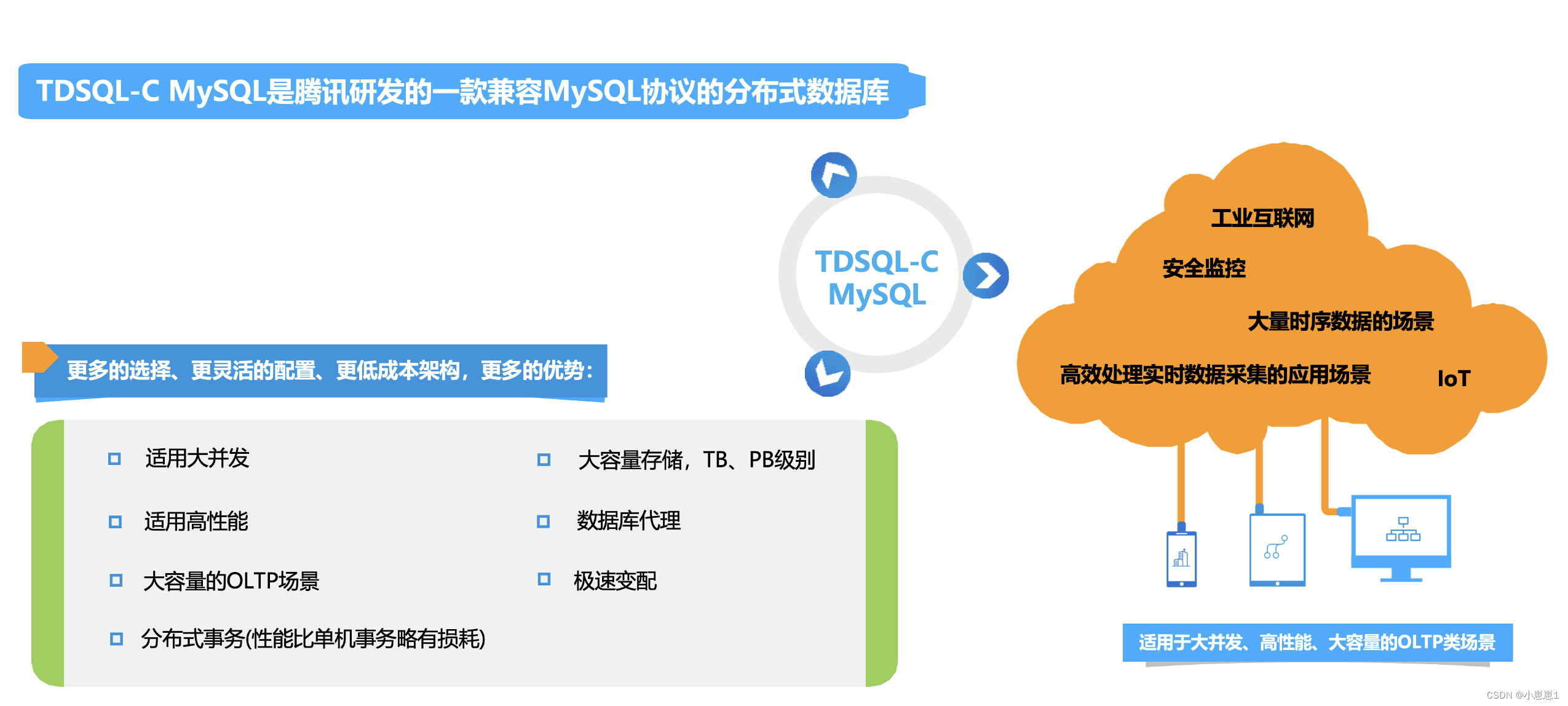建网站的详细步骤是怎样的?
- 行业动态
- 2024-05-26
- 6
1. 确定网站目标和主题;2. 注册域名和购买主机;3. 设计网站布局和风格;4. 编写网站代码;5. 测试网站功能;6. 上线并推广。
建网站的详细步骤如下:
确定网站目标和需求
1、明确网站的目的:是企业展示、产品销售、信息发布还是个人博客等。
2、分析目标用户群体:了解用户需求,以便设计出符合用户喜好的网站。
3、确定网站功能需求:如注册登录、留言评论、在线支付等。
选择合适的网站平台和域名
1、选择网站平台:可以选择开源的网站建设平台,如WordPress、Wix等,也可以选择定制开发。
2、购买域名:选择一个易记且与网站内容相关的域名。
设计网站布局和风格
1、制定网站结构:规划网站的导航栏、侧边栏等布局。
2、设计网站风格:选择网站的主题模板,或者请设计师定制设计。

编写网站内容
1、准备网站素材:如图片、视频等。
2、撰写网站文案:包括首页、产品介绍、新闻动态等页面的内容。
搭建网站框架
1、安装网站建设平台:根据所选平台,进行安装和配置。
2、导入网站模板:将设计好的网站模板导入到网站建设平台中。
添加网站功能模块
1、添加导航栏:设置网站的主导航栏和子导航栏。

2、添加侧边栏:设置网站的联系方式、友情链接等。
3、添加功能模块:如注册登录、留言评论、在线支付等。
测试网站功能和兼容性
1、测试网站功能:确保所有功能模块都能正常使用。
2、测试网站兼容性:在不同浏览器和设备上查看网站效果,确保兼容性良好。
优化网站SEO
1、设置关键词:为网站设置合适的关键词,提高搜索引擎排名。

2、优化网站结构:合理设置URL结构,方便搜索引擎抓取。
3、提交网站地图:将网站地图提交给搜索引擎,加快收录速度。
发布上线
1、上传网站文件:将网站上传到服务器。
2、解析域名:将域名解析到服务器IP地址。
3、检查网站访问:在浏览器中输入域名,查看网站是否能正常访问。
















